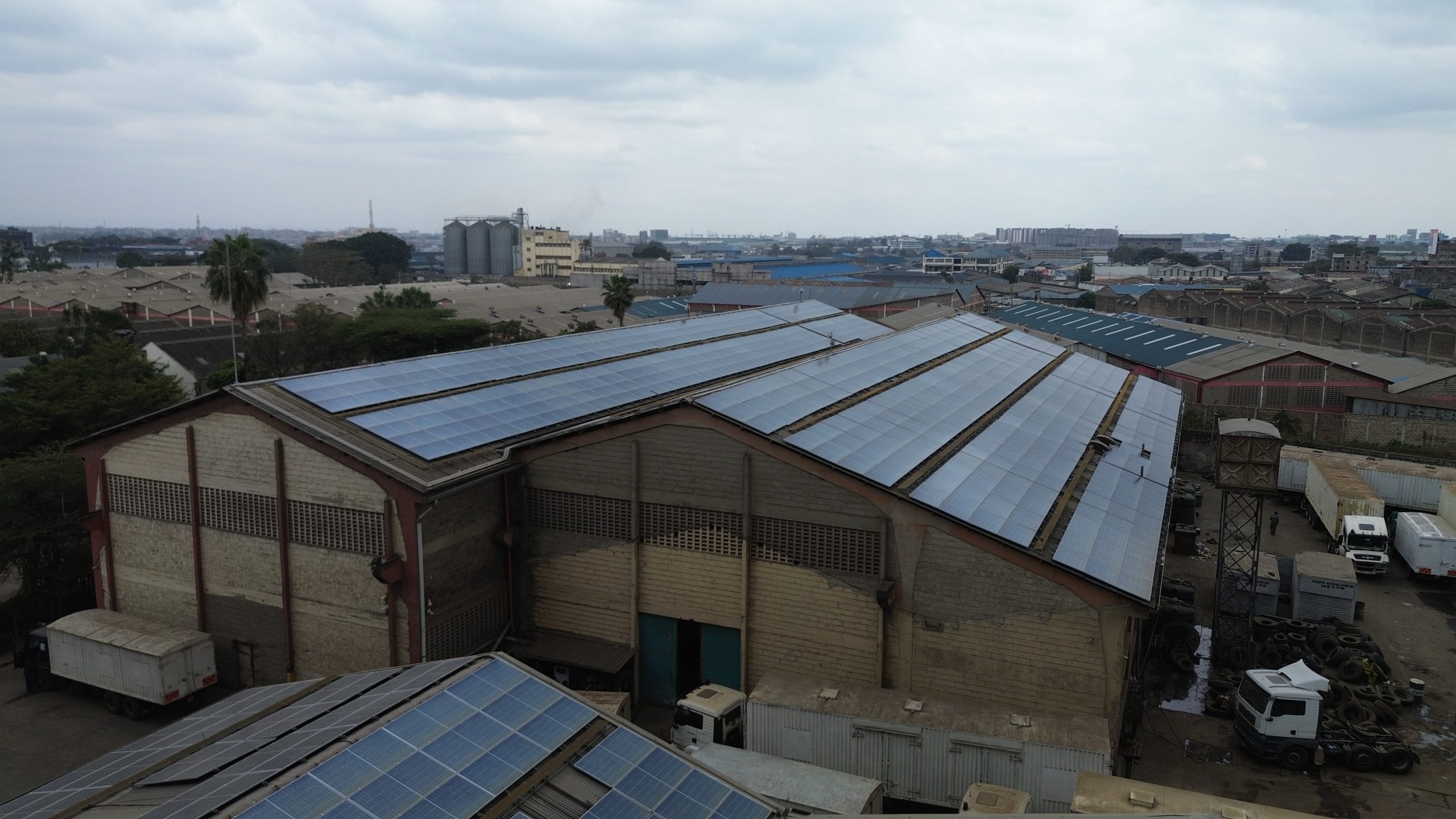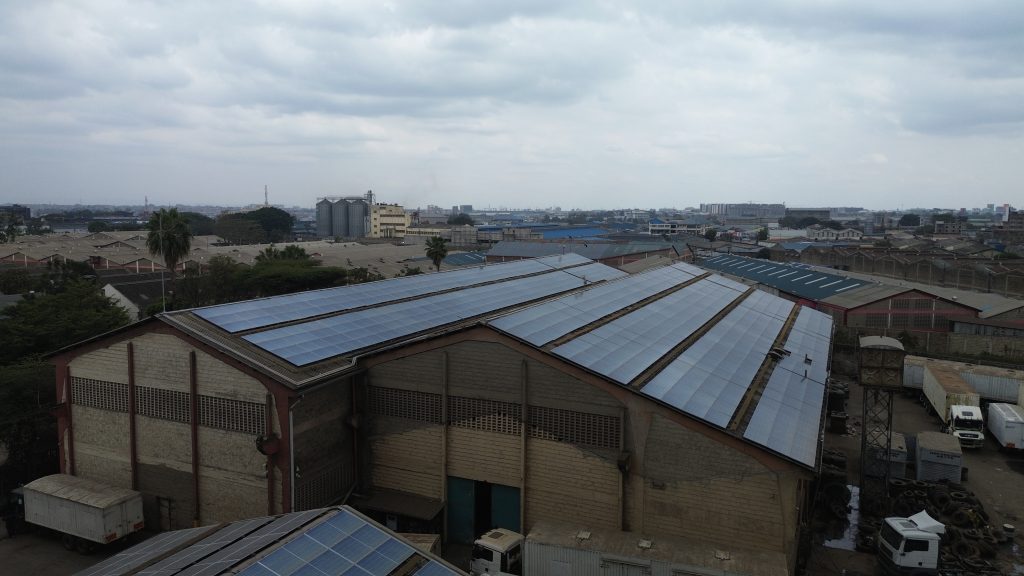
22 Jul What Makes Solar the Smartest Investment for Businesses?
In today’s competitive market, businesses are constantly searching for ways to reduce operating costs, future-proof their operations, and stand out in sustainability. One strategy that keeps gaining traction is solar energy.
But why exactly is solar considered such a smart investment for modern businesses?
Whether you’re a manufacturer, a logistics company, or an office-based operation, solar power has evolved beyond just an eco-conscious choice. It’s now a strategic financial decision with a measurable return.
Let’s explore why solar energy stands out as one of the smartest investments a business can make in 2025 and beyond.

Solar Power is No Longer Optional; It’s Strategic
In the past, solar power was often viewed as an expensive alternative reserved for big corporations or eco-enthusiasts. Today, the narrative has changed.
Thanks to falling solar panel costs, improved battery technology, and government incentives across many countries, solar is now accessible and profitable, even for small and mid-sized businesses. In many regions, solar energy can now cost less per kilowatt-hour than traditional electricity from the grid.
That means every unit of energy your business generates saves you money.
Reduce Operational Costs Significantly
Electricity is one of the biggest operating expenses for most companies. Depending on the size of the facility and the equipment used, energy bills can eat into margins quickly.
By installing solar panels, businesses can slash monthly power bills by 30% to 70%; sometimes even more. Over a system’s 25+ year lifespan, that adds up to serious savings.
Imagine redirecting that money toward growth: hiring talent, upgrading equipment, or improving customer experience.
Long-Term Return on Investment (ROI)
One of the most compelling reasons businesses go solar is the ROI. While the upfront installation cost may feel substantial, most systems pay for themselves in 3 to 6 years.
After the payback period, all the energy produced is essentially free. This means a solar investment continues to deliver returns for decades.
In financial terms, solar energy often outperforms traditional investment instruments like stocks or real estate, especially when you factor in rising utility rates.
Hedge Against Rising Energy Costs
Electricity prices are anything but predictable. Global markets, supply issues, and policy shifts can send power costs soaring without notice.
Solar allows your business to lock in energy production costs. Instead of being vulnerable to price spikes, you generate your own clean power and maintain more predictable operating expenses.
This kind of control over energy costs provides a competitive advantage, especially in industries with tight margins.
Boost Sustainability and Brand Reputation
More customers today care about sustainability. They’re choosing to support companies that reflect their values.
By switching to solar, your business doesn’t just save money, it also reduces its carbon footprint. That environmental responsibility becomes part of your brand story.
You can promote your solar use in marketing materials, sustainability reports, and public disclosures. This not only builds trust but can also attract environmentally conscious clients, partners, and investors.
Gain Energy Independence and Reliability
Grid outages, power surges, and load shedding can seriously disrupt business operations.
With solar and battery storage, businesses gain greater energy reliability. Even when the grid goes down, your system can continue to power essential operations.
This resilience is especially critical for industries that rely on continuous operations, like manufacturing, healthcare, or cold-chain logistics.
Government Incentives Make It Even Smarter
Across many regions, governments offer tax credits, rebates, and accelerated depreciation options for solar projects. These incentives reduce the upfront investment and speed up the payback period.
Depending on your location, you may also earn from feeding excess energy back into the grid. Over time, that can create a new revenue stream.
A Section About Us — Spenomatic Solar
At Spenomatic Solar, we’ve seen firsthand how impactful solar can be for modern businesses. We’ve worked with industries across East Africa to install efficient, scalable, and future-ready solar systems.
What sets us apart? We take time to assess your energy needs, your site, and your long-term goals. That way, we design a system tailored to your operation, not just a one-size-fits-all solution.
If you’re exploring solar power for your business, we’d be happy to help you evaluate the potential savings, available incentives, and technical considerations.
Conclusion: The Smartest Investment You Can Make
The smartest business investments don’t just save money, they empower growth, protect against risk, and improve reputation. Solar power does all that and more.
It’s a future-proof decision that pays dividends long after installation. Whether you’re a small operation or a large facility, now is the time to explore how solar can transform your bottom line.
FAQs
- How long does it take for a solar system to pay for itself?
Most commercial solar systems have a payback period between 3 to 6 years, depending on system size, energy usage, and local incentives. - Can solar panels power an entire business?
Yes, depending on your roof or land space and energy needs. Many businesses cover 60–100% of their power with solar, especially with battery backup. - What if my business expands? Can I scale the system?
Absolutely. Solar systems can be designed to allow for modular expansion as your energy needs grow. - Are there financing options for solar installations?
Yes. Many businesses finance solar through loans, leases, or power purchase agreements (PPAs), reducing or eliminating upfront costs. - What happens during cloudy days or at night?
Solar systems are paired with battery storage or remain connected to the grid. This ensures uninterrupted power supply during non-sunny hours.


Sorry, the comment form is closed at this time.